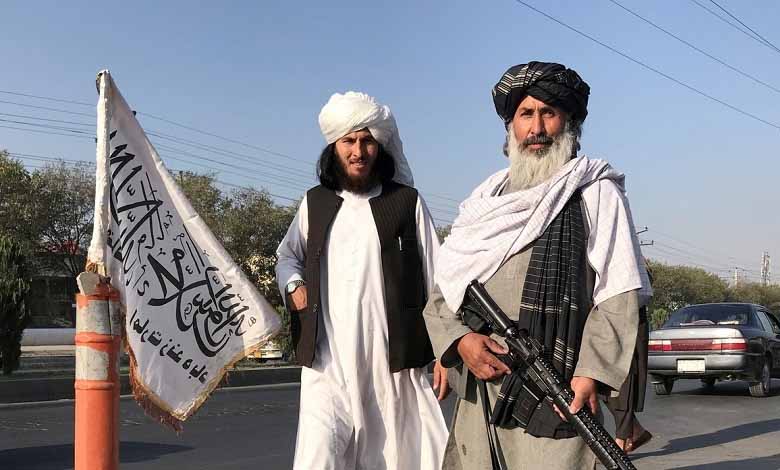Taliban and International Recognition: Absent Conditions and Desired Reforms

The Taliban government is facing a crisis of international recognition because of the restrictions it has imposed on the Afghan people in several areas.
The movement, which formed a government in early September 2021 a few days after imposing its control over Afghanistan in conjunction with the withdrawal of US and foreign forces from the country, has for more than a year and a half repeated its call for the international community to recognize its government and its regime, as well as demanding the lifting of the sanctions imposed by the United States, which frozen the funds of the Afghan Central Bank. International aid that was flowing to the Afghans has stopped.
In the latest demand for recognition, Abdul Kabir, the political deputy prime minister of the Taliban government, on Thursday evening called on the international community to recognize the movement, claiming that it has completed all the conditions for recognition by the international community.
During a meeting with Rosa Otounbaïeva, the UN special representative to Afghanistan, Abdul Kabir said his government has completed all the conditions and must be recognized.
The Taliban official did not elaborate on the conditions the group had set for international recognition.
The Movement wished to interact actively with the international community; He called on the United Nations to remove restrictions and sanctions on Taliban officials and provide assistance to Afghanistan.
The Taliban official confirmed that the territory of Afghanistan will not be used against “anyone”. “Our country does not interfere in the internal affairs of any country.
ISIL poses an international threat, he said, adding that Afghanistan has been able to dry up the group’s roots recently.
The Taliban seized control of Afghanistan in mid-August 2021 with an agreement for the withdrawal of US and foreign troops. In early September of that year, they formed a government that was not recognized by the international community.
In early March, UN envoy to Afghanistan Rosa Otounbaïeva, addressing the UN Security Council on the situation in Afghanistan, lashed out at the Taliban, asserting that “the country is severely affected by gender.”
“Afghanistan under the Taliban is the most repressive country in the world with regard to women’s rights,” she said.
In recent months, the Taliban have imposed additional restrictions on women’s education and employment, drawing international condemnation.
Conditions for international recognition absent
Mohammed Issa Ishaq Zi, an Afghan expert in international relations, said the Taliban formed a committee more than a year ago under the title of returning political figures to the country and starting their activities.
Ishaq Zi told Afghan media, as the committee’s name makes clear, “it would be good and worthwhile to invite those who stand for freedom, national interests and human rights, and whose hands are not stained with blood.”
“If the Taliban really want to form a government with an elite set of ideas that they should be invited to, in the future we will have a stable and peaceful Afghanistan,” he said.
He called on the Taliban to form an inclusive government. “For the future of Afghanistan, a draft constitution must be arranged that can guarantee freedom for citizens and humanity, regardless of religious, ethnic or sexual bias,” he said.
The Taliban had achieved nothing to push the international community to recognize them, he said.
“One of the most important conditions for international recognition of the Taliban is the holding of elections and the formation of the future government through a popular vote through transparent, fair and democratic elections,” he said. “True representatives of the people must be formed through referendums so that they can have internal legitimacy and by establishing the rule of law based on the Universal Declaration of Human Rights.”
The Taliban can still gain international legitimacy if they meet these conditions, he said. “If the Taliban do that, they will be well-named in the country’s history and will be recorded in the political history of Afghanistan, or they will be like the corrupt former structures and governments that failed for more than 40 years and left the country suffering,” he said.
“If the Taliban exercise one-man, nationalist rule and do not truly form an inclusive government, Afghanistan will drown in the well again and the Taliban government will be as painful and failing as previous governments,” he said.
He concluded by stressing that the international community will not recognize the Taliban in the current situation unless the movement changes its approach and style.












